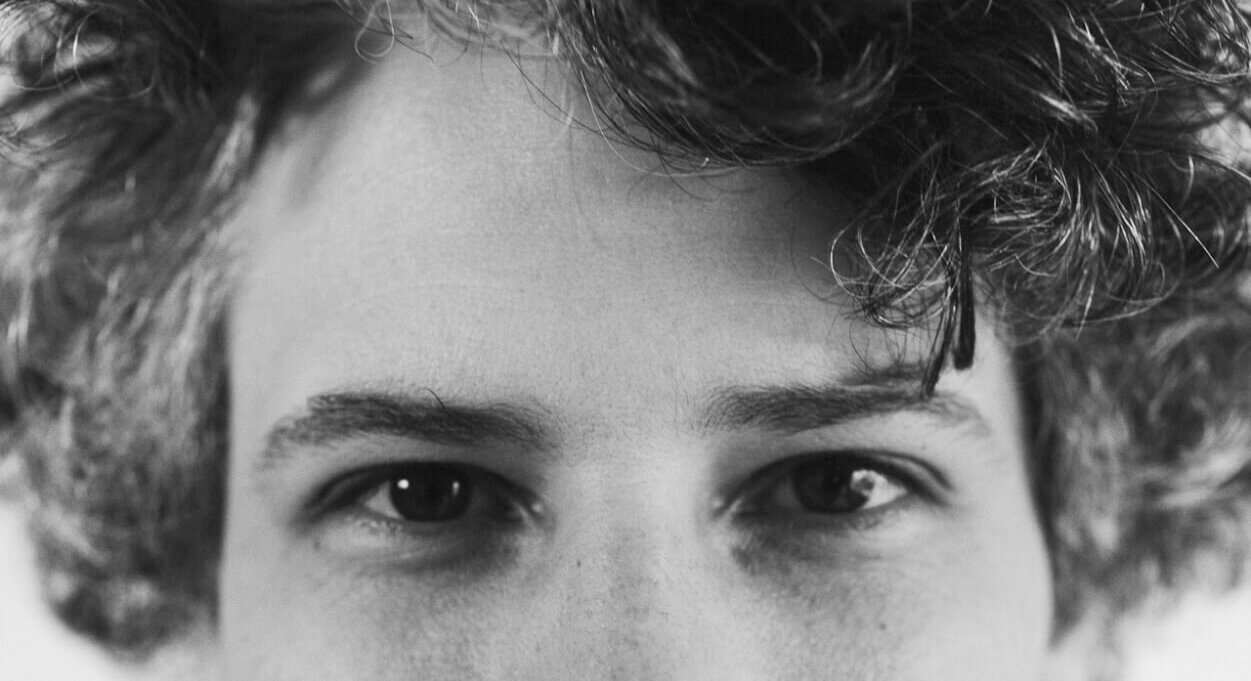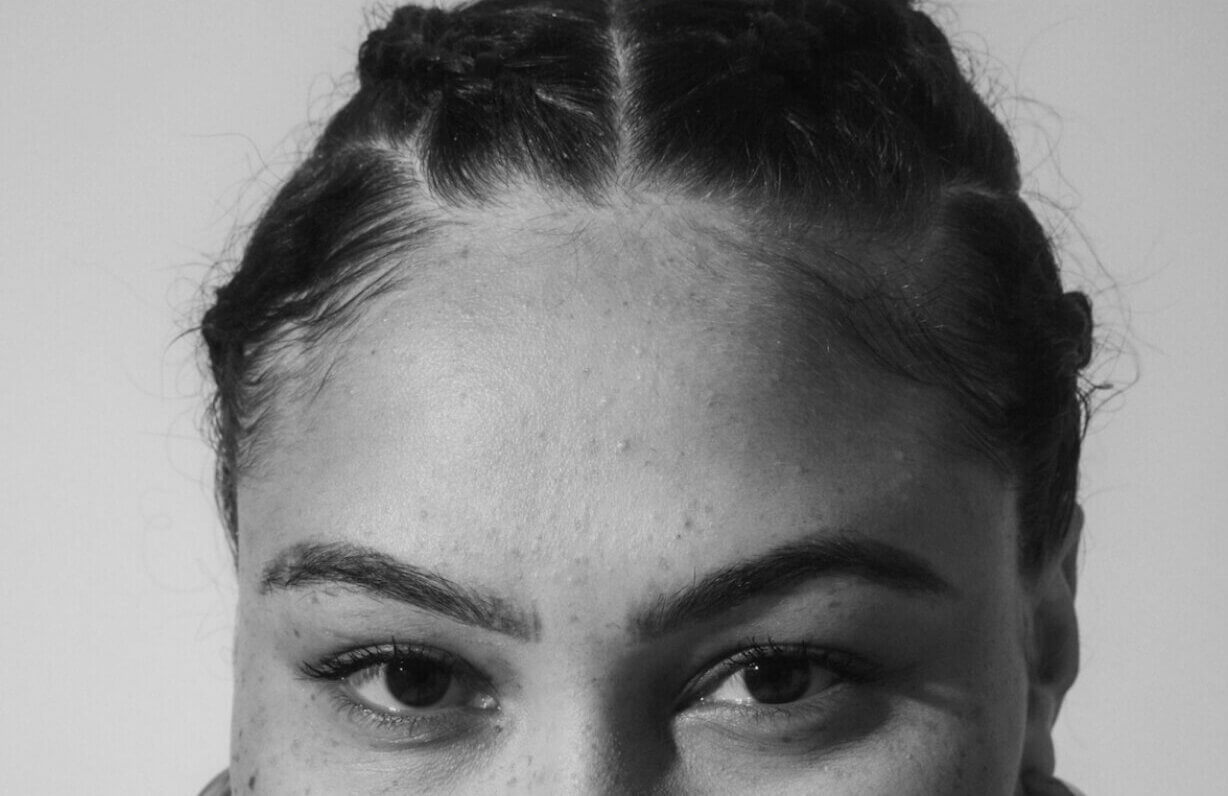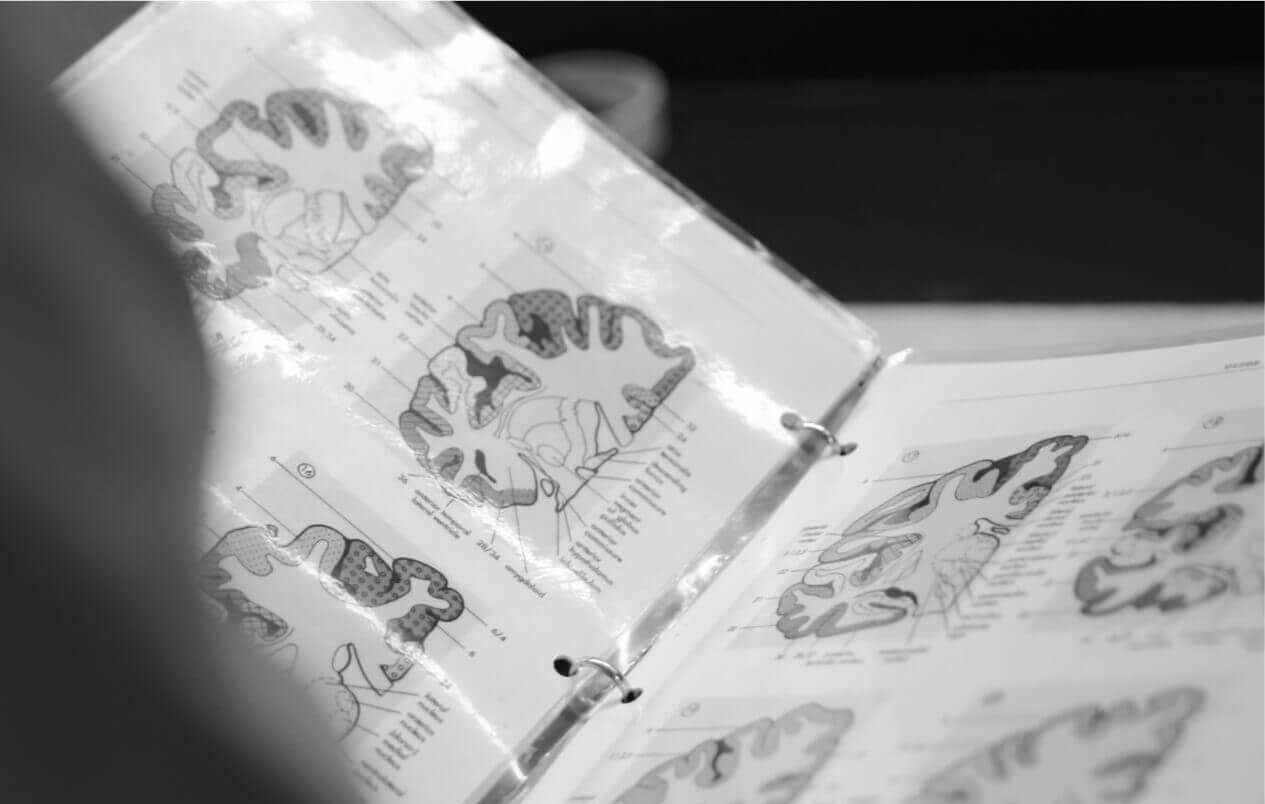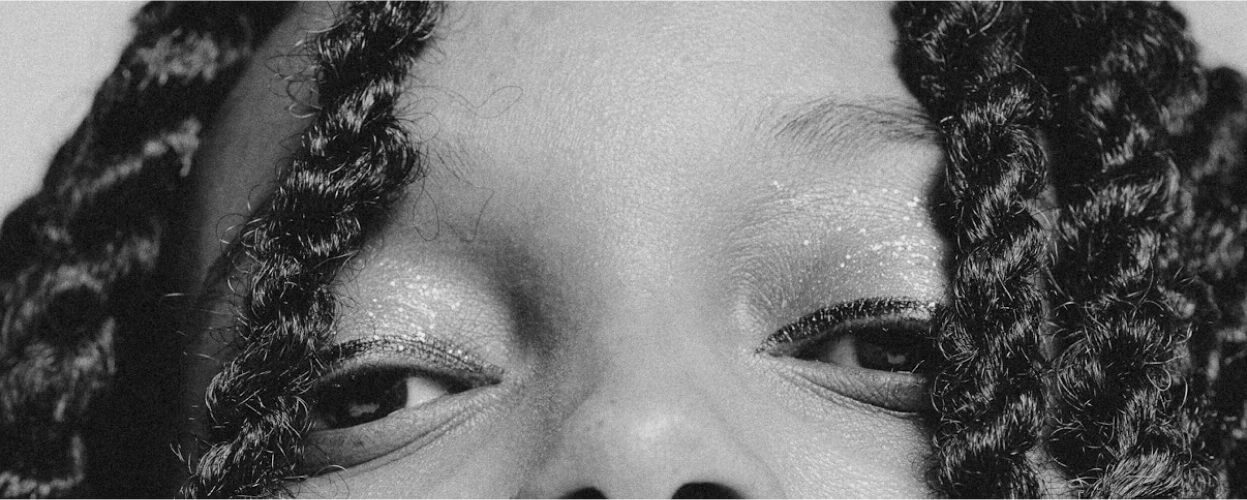“I knew things were going to end badly—I just didn’t know how”
The Brain Donor Project is featuring stories during this Brain Awareness Week of those who’ll donate their brain to neurologic research when they die. For some, it is highly personal, inspired by someone they love. For many, it’s a natural way to leave a gift at the end of their life. In our minds’ eye we see a better future thanks to brain research. In these “Mind’s Why” articles, we uncover our donors’ reasons for advancing science. Today, Hannah’s story.
 He was her big brother.
He was her big brother.
Even though Tyler was five years older, they were inseparable as little kids. Hannah says they’d get into trouble regularly and were “… yelled at as a pair—never individually.” The age difference became more of a thing, as it often does when kids are growing up, but once Hannah was about to graduate from high school, it didn’t matter anymore again. She and her brother even lived together for a while …until Tyler’s demons got to be too much.
Looking back, Hannah recalls some tough spots—as there are in many families. A long distance move at an age that was difficult for the kids, their parents’ divorce, perhaps some anxiety issues. But there was also a series of concussions. Tyler was a skateboarder—Hannah remembers him and his teenage buddies building ramps in the basement and practicing in the garage. And spending lots of time at the skate park where he’d fall and hit his head, regularly, on hard pavement. He’d get up and try again, never doing anything about the injuries. He was good at skateboarding, eventually getting sponsored. Until over time, even Tyler knew he just wasn’t all there anymore.
When Hannah was training to be a hair stylist, Tyler drifted back and forth between his parents’ homes, got in some trouble with the law and then started drinking—hard. When Hannah was 23, she bought her own home and asked her big brother to move in with her. But the drinking and the threats of suicide worried her while she was at work, and she’d often be afraid to come home afterward for fear of what she might find. Hannah knew in her gut that things were going to end badly—it was just a question of how and when. In April 2016, Tyler was staying with his dad when he committed suicide in the backyard. He was 30.
These days, Hannah is glad to see that people are taking head injuries so seriously—especially in sports. She has a teenage client who suffered a concussion in a soccer game and months later, is still under a doctor’s care, her recovery closely monitored. And Hannah says she feels great about her decision to donate her brain to research when she dies because of all the brain diseases it could help cure—not just the one that’s so personal for her.



